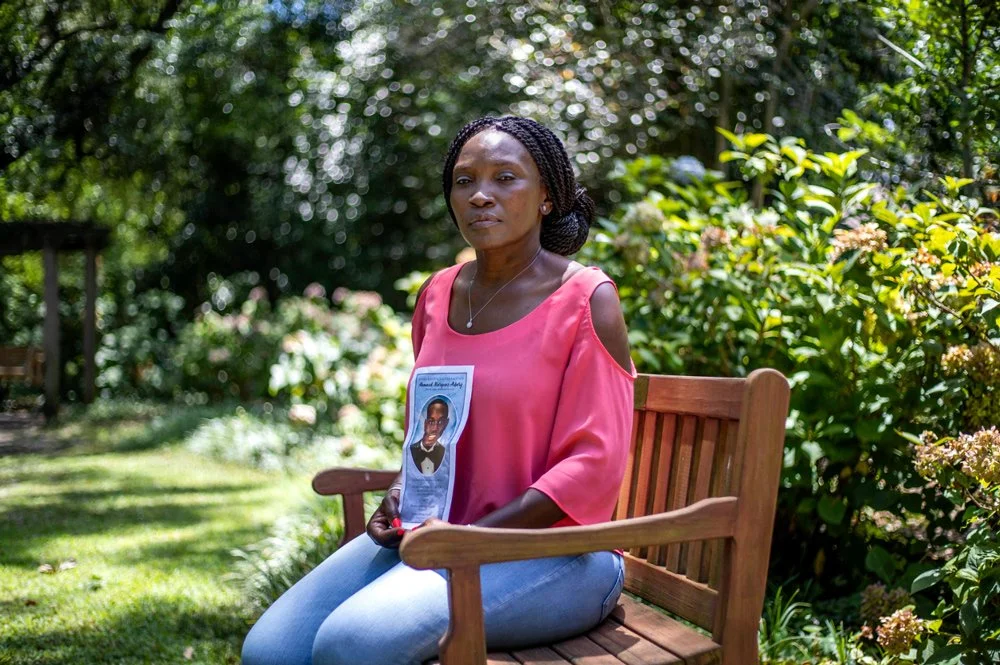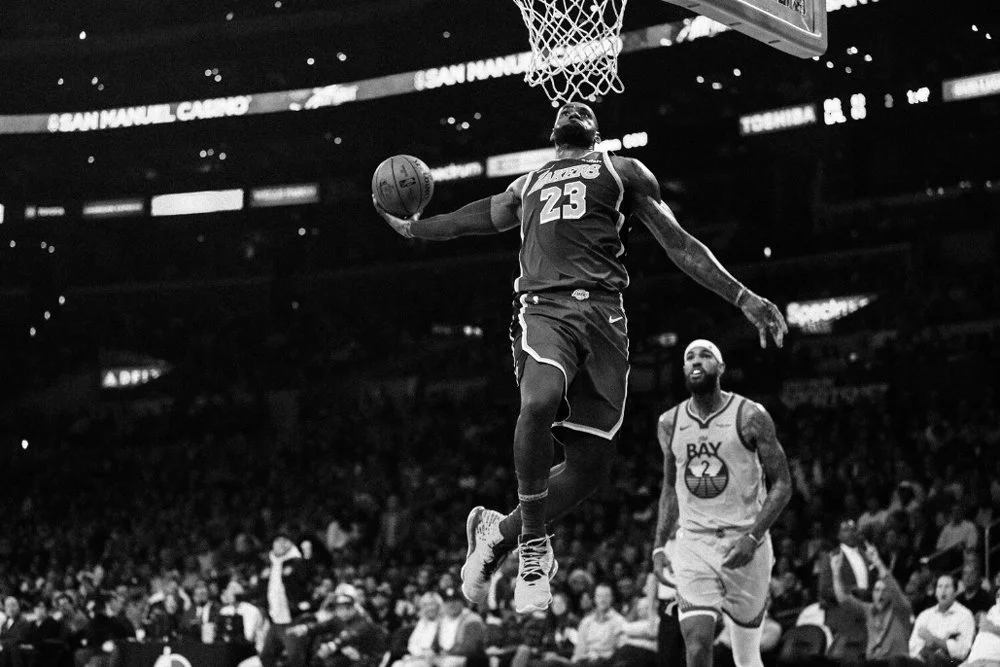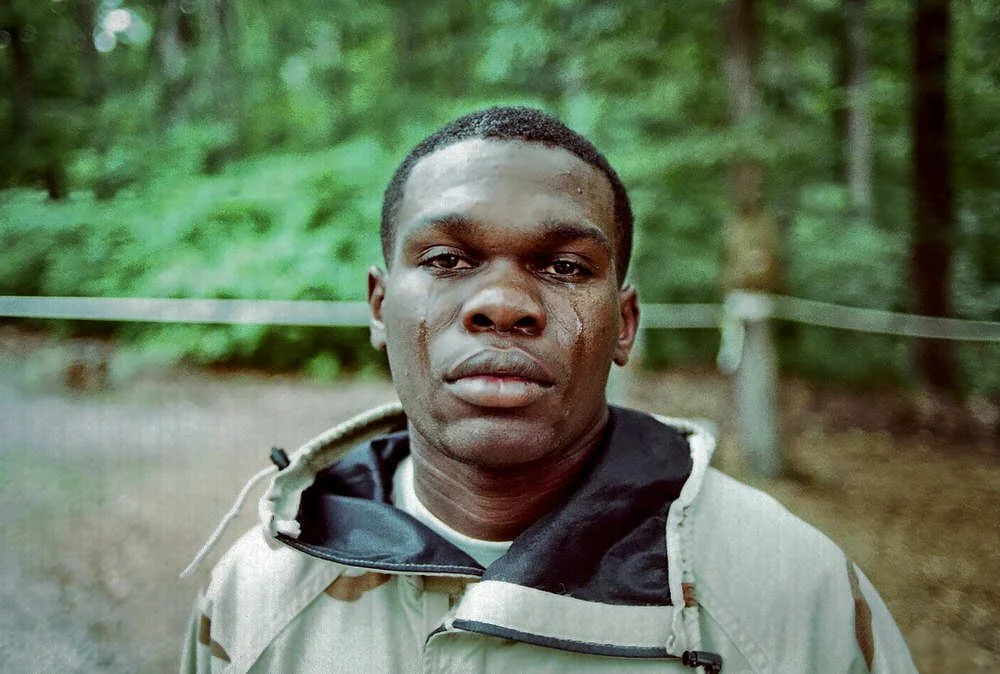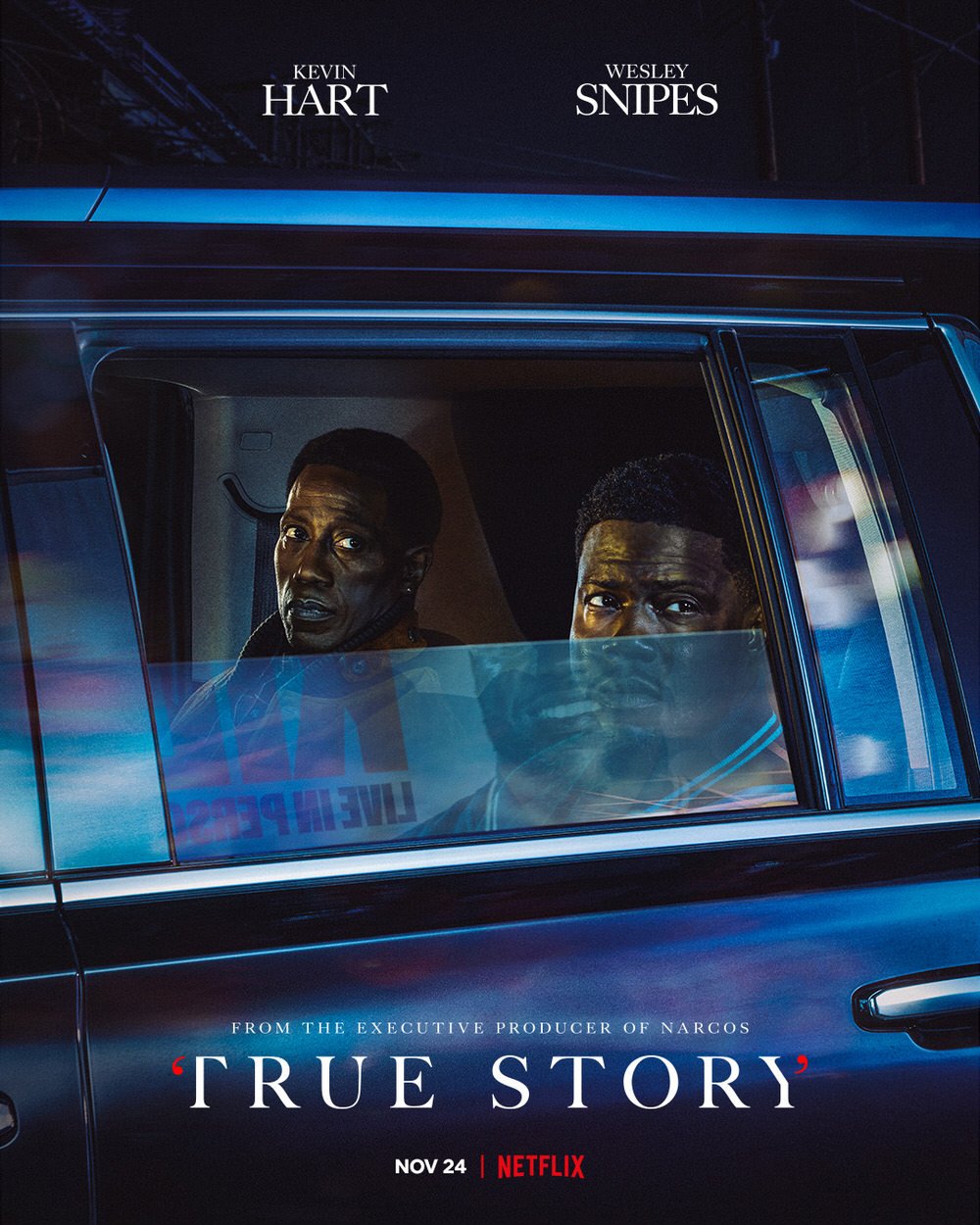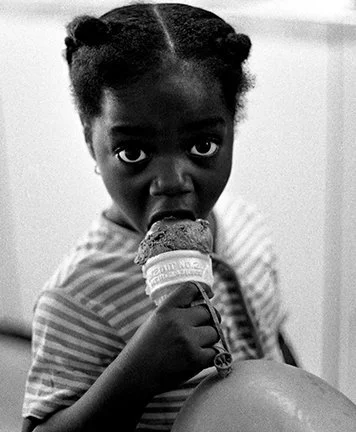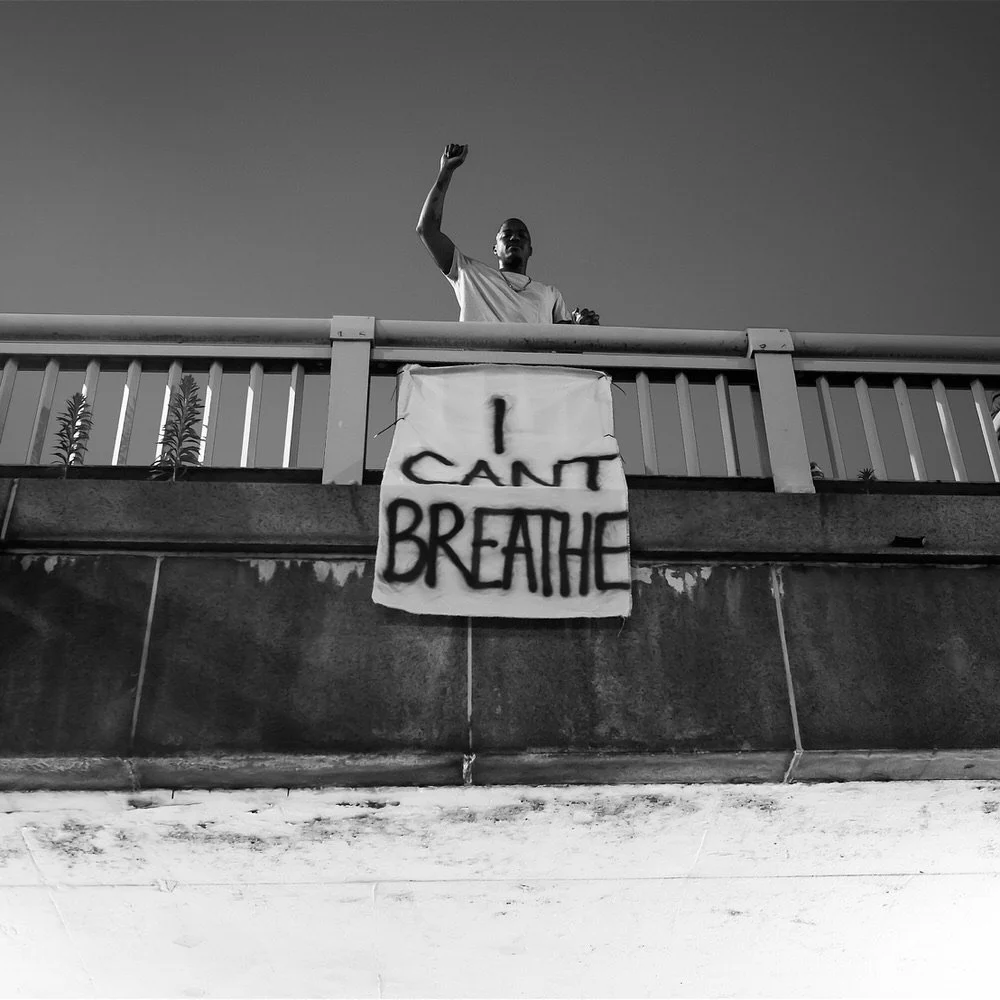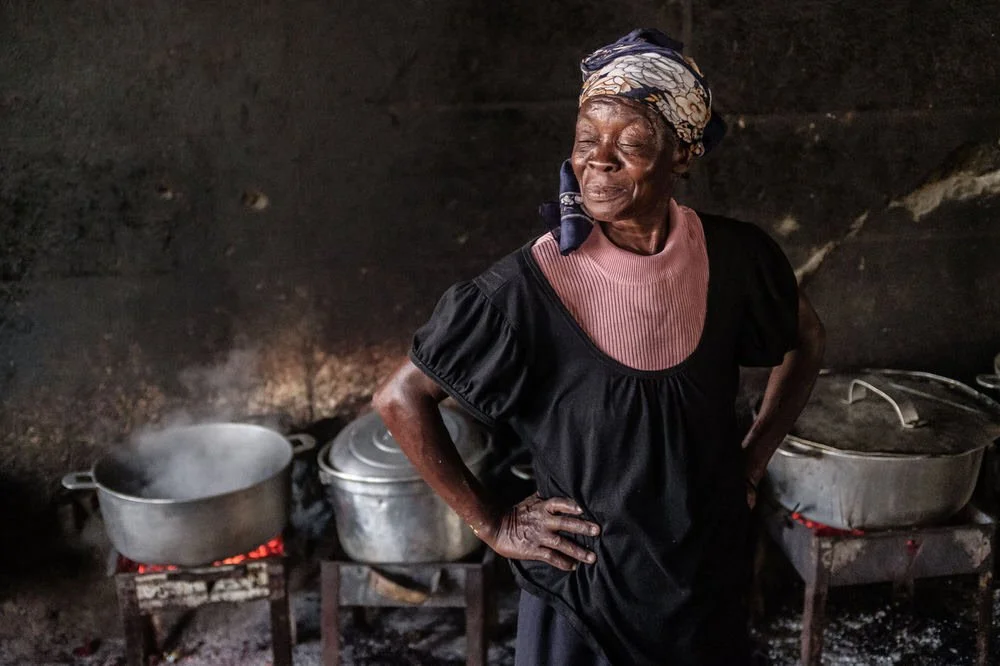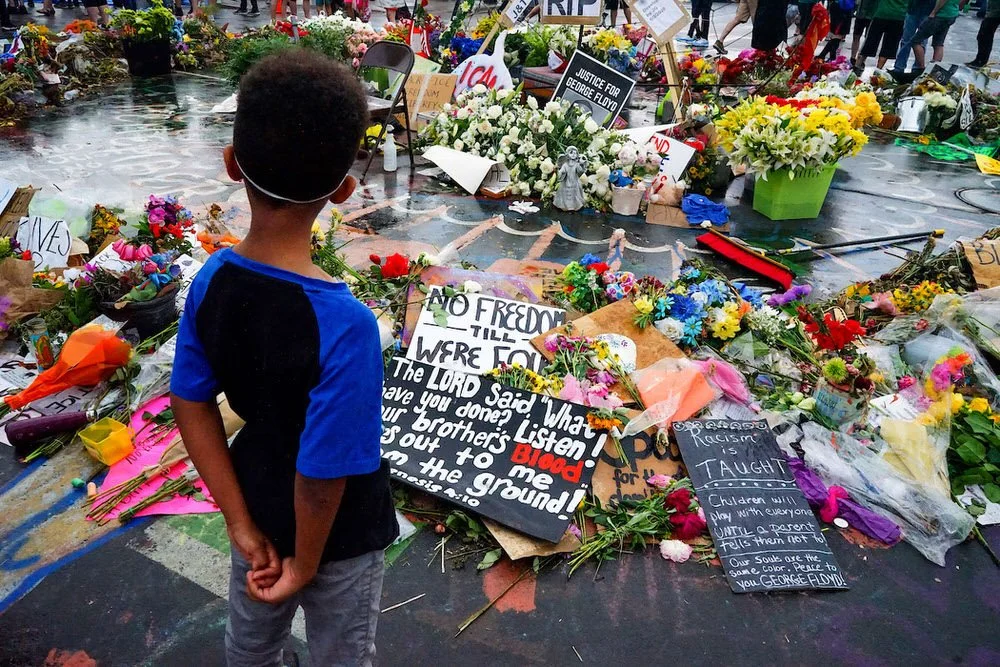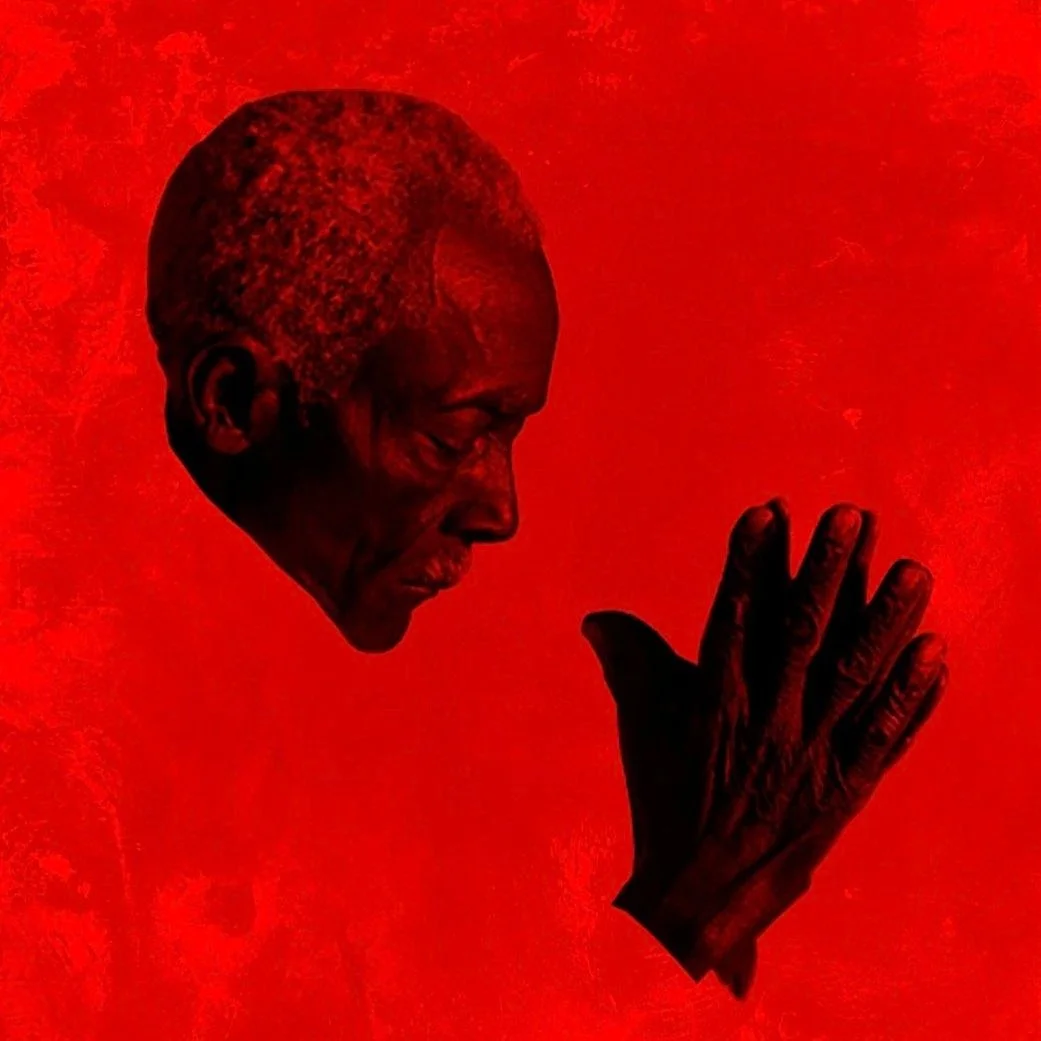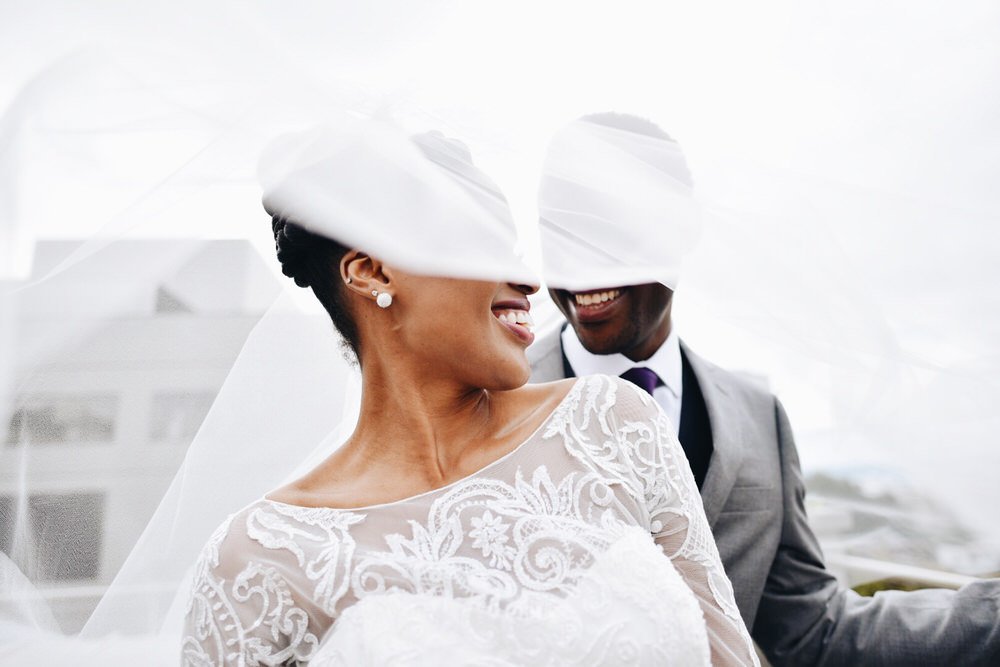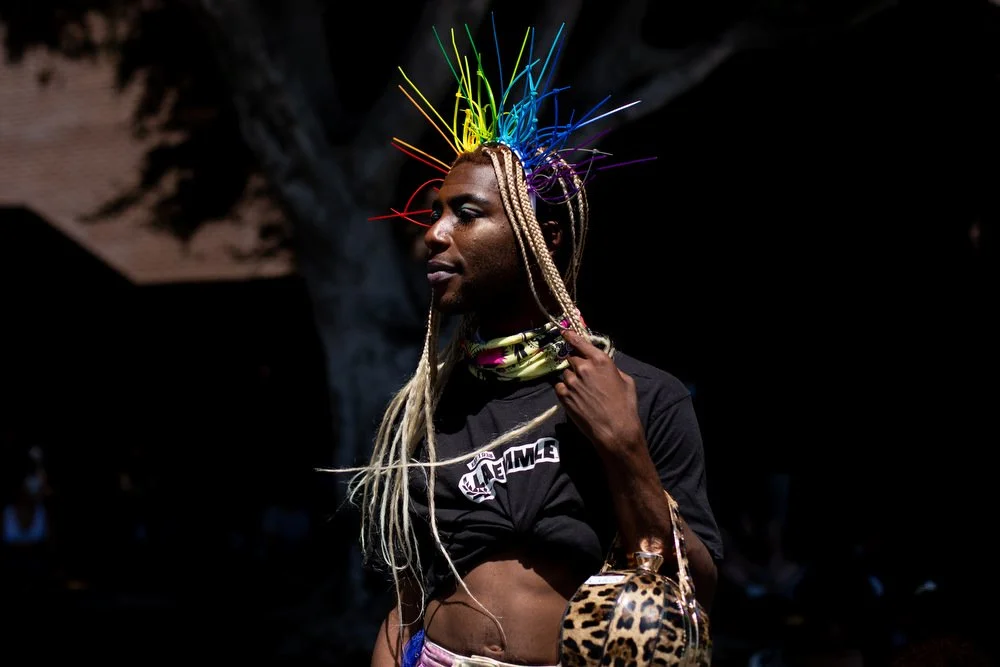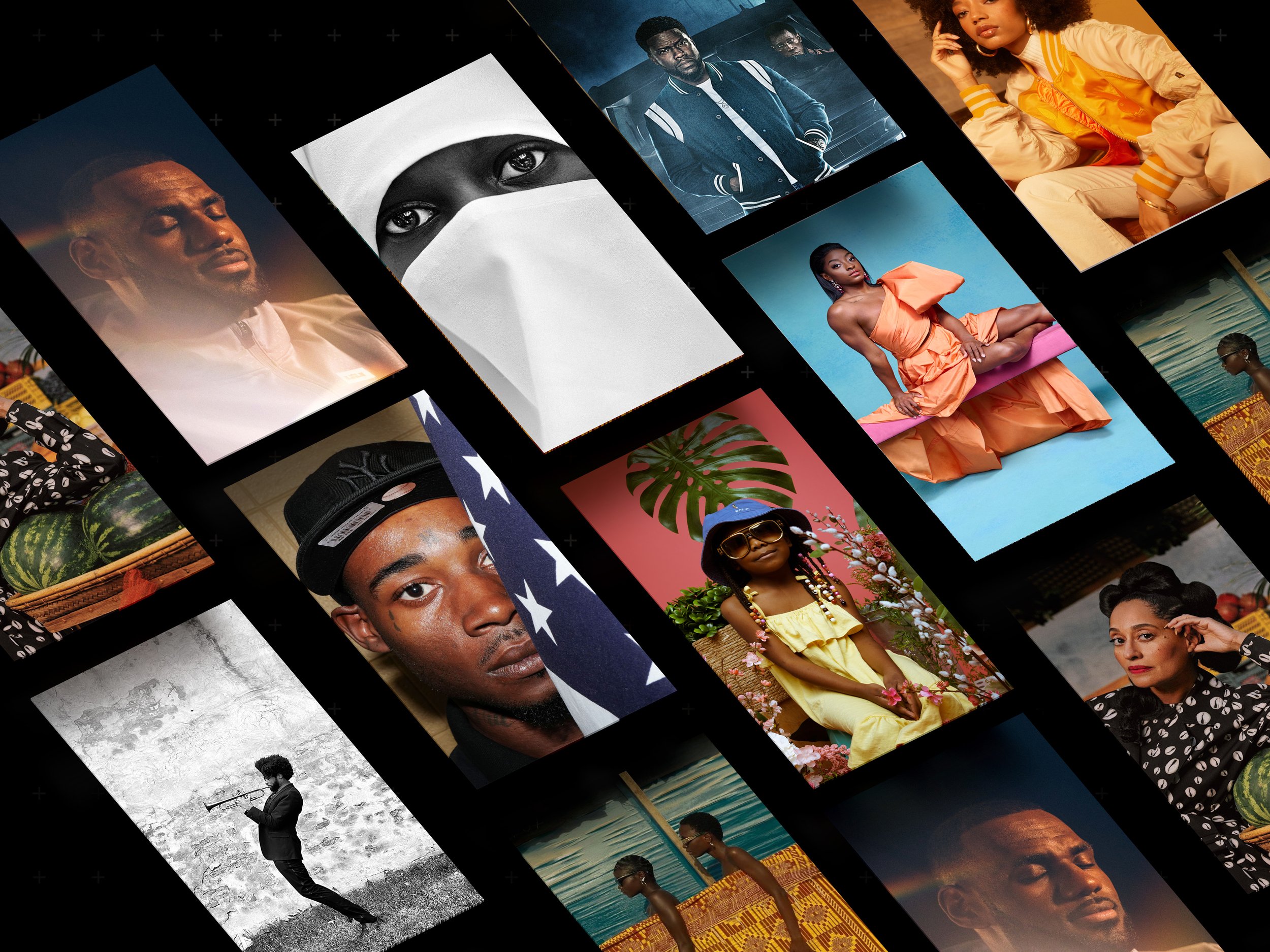
EP 48 • Alyssa Pointer
Tune in to Episode 48 where we speak with Metro-Atlanta-based photojournalist and documentary photographer, Alyssa Pointer, about her journey away from home that leads her back to her home.
EP 47 • Joseph Louis Sherman Jr.
Tune in to Episode 47 where we speak with Los Angeles-based documentary and sports photographer, Joseph Louis Sherman Jr. about risks and the opportunities that live within them.
EP 46 • Harrison Hill
Tune in to Episode 46 where we speak with Los-Angeles based video and photojournalist, Harrison Hill, about his upbringing in Louisville, Kentucky, having parents who were journalists, and the importance of having a community of like-minded peers.
EP 45 • Parrish Lewis
Tune in to Episode 45, where we speak with Chicago-based portrait, commercial and unit stills photographer, Parrish Lewis about taking leaps, betting on himself, and answering to his calling.
EP 44 • John Simmons
Tune in to Episode 44, where we speak with Los Angeles-based street photographer and cinematographer, John Simmons, about his introduction to photography and transition into Hollywood.
EP 43 • Tony Mobley
Tune in to Episode 43, where we speak with Washington DC-based photojournalist and protest photographer, Tony Mobley, about the importance of Black photographers documenting Black history and events.
EP 42 • ivan Mcclellan
Tune in to episode 42, where we speak with Portland-based photojournalist, sports, portrait, and commercial photographer, Ivan McClellan about what it means to find his tribe within the Black Rodeo culture.
EP 41 • Kirth Bobb
Tune in to episode 41, where we speak with Washington, DC portrait photographer, Kirth Bobb, about photographing with compassion and the magic hidden within images.
EP 40 • Cornell Watson
Tune in to Episode 40 where we speak with Durham, NC-based photographer, Cornell Watson, about documenting the Black experience in White spaces.
EP 39 • Russell Frederick
Tune in to Episode 39, where we speak with Brooklyn-based fashion, street, portrait and commercial photographer, Russell Frederick. We discuss the importance of pursuing your craft against opposition, paying your dues, and finding your purpose behind the camera.
EP 38 • Aundre Larrow
Tune in to Episode 38 where we speak with Brooklyn-based documentary, commercial and portrait photographer, Aundre Larrow. We discuss what it means to be authentic as a person and how that translates into the work that we make as photographers.
EP 37 • Joshua Dwain
Tune in to Episode 37 where we speak with Brooklyn-based fashion, portrait, and wedding photographer Joshua Dwain. We discuss having diversity in your portfolio vs. focusing on a niche audience and the importance of work-life balance.
EP 36 • Brent Lewis
Tune in to Episode 36, a 2-part episode, where we speak with Chicago native photojournalist and editor, Brent Lewis. We discuss the differences between being a photographer and an editor as well as his experience working in an all-Black newsroom at ESPN’s The Undefeated. Lastly, we discuss his role at Diversify Photo and why self-accountability is so important.
EP 35 • Adger Cowans
Adger Cowans believes that the camera is a tool to do research. That belief has led him to assist Gordon Parks at Life Magazine, become the first Black union photographer in the film industry as well as becoming one of the cofounders of the Kamoinge Collective.
EP 34 • Ike & Tash Haynes
Not every couple is built to work together, live together, and run a photography business together. Instead of choosing between being parents or entrepreneurs, Ike and Tash Haynes decided to become a family-centered business and bring their children along for the ride. This Seattle-based portrait, documentary, and commercial photography couple have created a lifestyle completely unique to their family.
EP 33 • Melissa Alexander
What does it mean to be seen? To feel seen. To see your own beauty? To see the beauty in others? To see our collective humanity? It takes a level of vulnerability that isn’t easily accessible. But it is very necessary. Especially as photographers. It’s a part of the job that we learn on the job. Our guest today believes that growth and vulnerability form the foundation of her work. Her work is her protest, her rebellion, her chance to strengthen and control the Black narrative that has been washed, overlooked, and undervalued. In summary, she wants the people she photographs to see their truest selves, in their own image because they are beautiful, their stories are beautiful and Black is beautiful.
EP 32 • Gerard H. Gaskin
Many photographers use the craft as a way to convey a message or communicate an idea. Gerard focuses on long-term projects as a way to connect with himself and explore his identity through his sexuality. For him, photography is therapy. His work is represented in the permanent collections at Duke University, the Philadelphia Museum of Art, the National Museum of African American History and Culture, the Museum of the City of New York, and the Schomburg Center for Research in Black Culture.
EP 31 • Endia Beal
Tune in to Episode 31 where we speak with North Carolina-based artist, teacher and curator, Endia Beal. She discusses the power of collaboration as a way to collectively heal. She uses photography and video to reveal the often overlooked and unappreciated experiences unique to people of color. Her work has been featured in New York Times, NBC, BET, Huffington Post, National Geographic.
EP 30 • Emmanuel Afolabi
Emmanuel Afolabi (b. 1995) is a Multidisciplinary Filmmaker specializing in Content Creation, with a degree in Film Production and based in Far Rockaway, NY. Afolabi’s work explores our collective humanity and the topic of identity, giving his subjects and clients individuality and dignity through visual storytelling.
EP 29 • Tara Pixley
Tara Pixley is a visual journalist, strategic storytelling consultant, and professor based in Los Angeles. She holds an MFA in Photography, a Ph.D. in Communication, and nearly two decades of experience as a media producer and editor for editorial, nonprofit and commercial organizations. She discusses injustice and the importance of analyzing all of the details of a photograph. As a teacher, she wants to draw attention to who is behind the camera taking the photos because those photographers are informing the meaning of how we understand the world.


